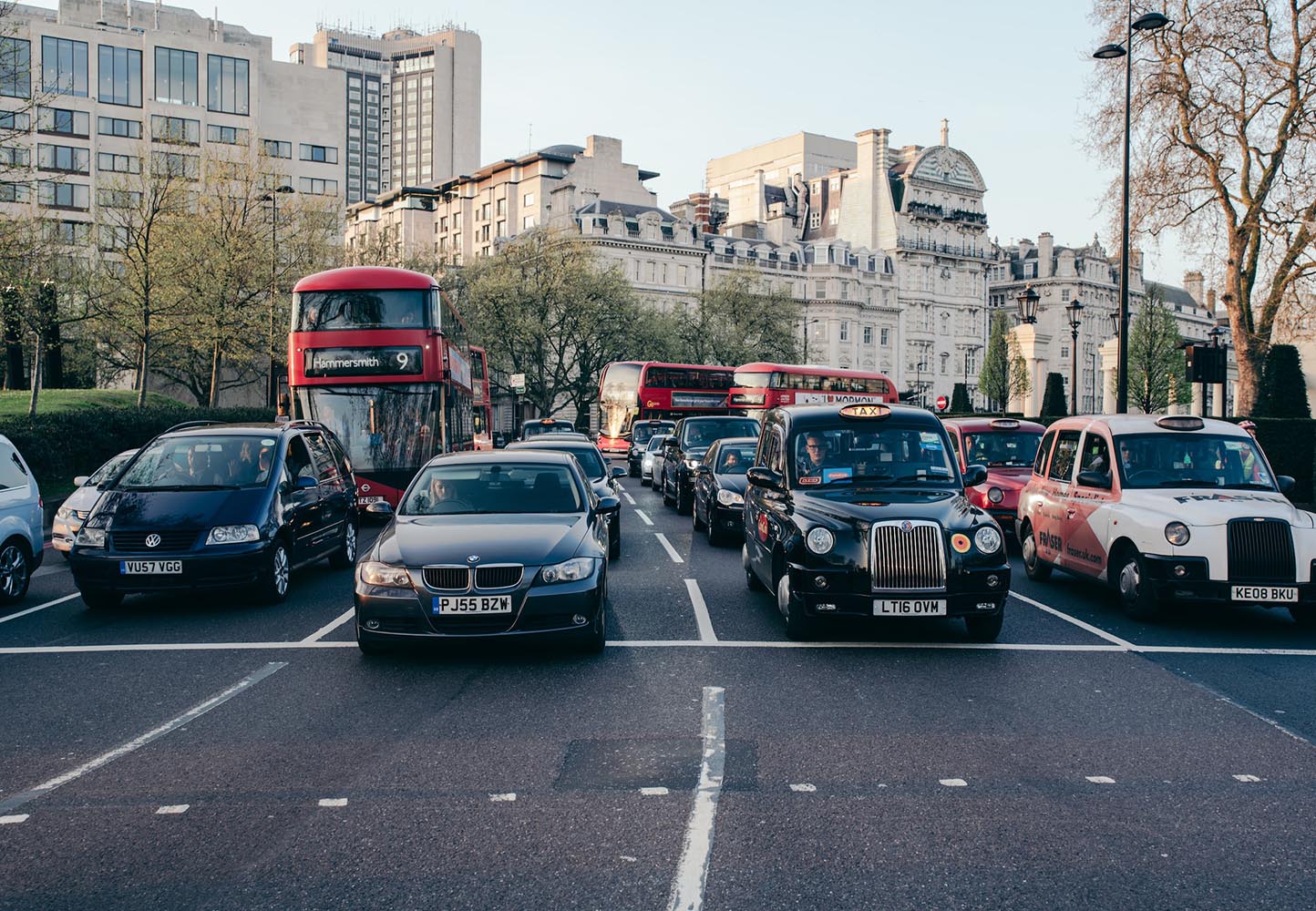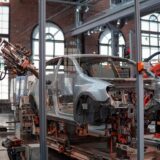
UK delays ban on new combustion engine cars to 2035
UK Prime Minister Rishi Sunak announced a shift in the nation’s climate change strategy, emphasising a “pragmatic and realistic” approach to achieving net-zero emissions. This comes as a departure from previous government stances.
A notable change is the postponement of the ban on new internal combustion engine (ICE) vehicles. Initially set for 2030, the prohibition will now commence in 2035. This decision aligns with the original timeline before former Prime Minister Boris Johnson’s amendment.
Sunak defended this decision, citing the current financial strain on families and small businesses due to the high upfront costs of transitioning to energy-efficient systems. “The consumer should have the choice, not be compelled by the government, especially when many face rising living costs,” he said.
Despite this, the Prime Minister remains optimistic about electric vehicles (EVs). He anticipates that by 2030, most cars sold in the UK will be electric. This prediction stems from decreasing costs, enhanced range, and expanding charging infrastructure. Sunak highlighted the current rate of EV adoption, noting a new electric vehicle registration every minute.
However, he acknowledged the need for a more extensive charging network and a robust domestic car industry. Sunak emphasised reducing dependence on carbon-intensive imports, particularly from countries like China. To achieve these goals and ensure adequate preparation, the target for phasing out ICE vehicles was deferred to 2035. Yet, specific support measures or programs to address these challenges remain undisclosed.














